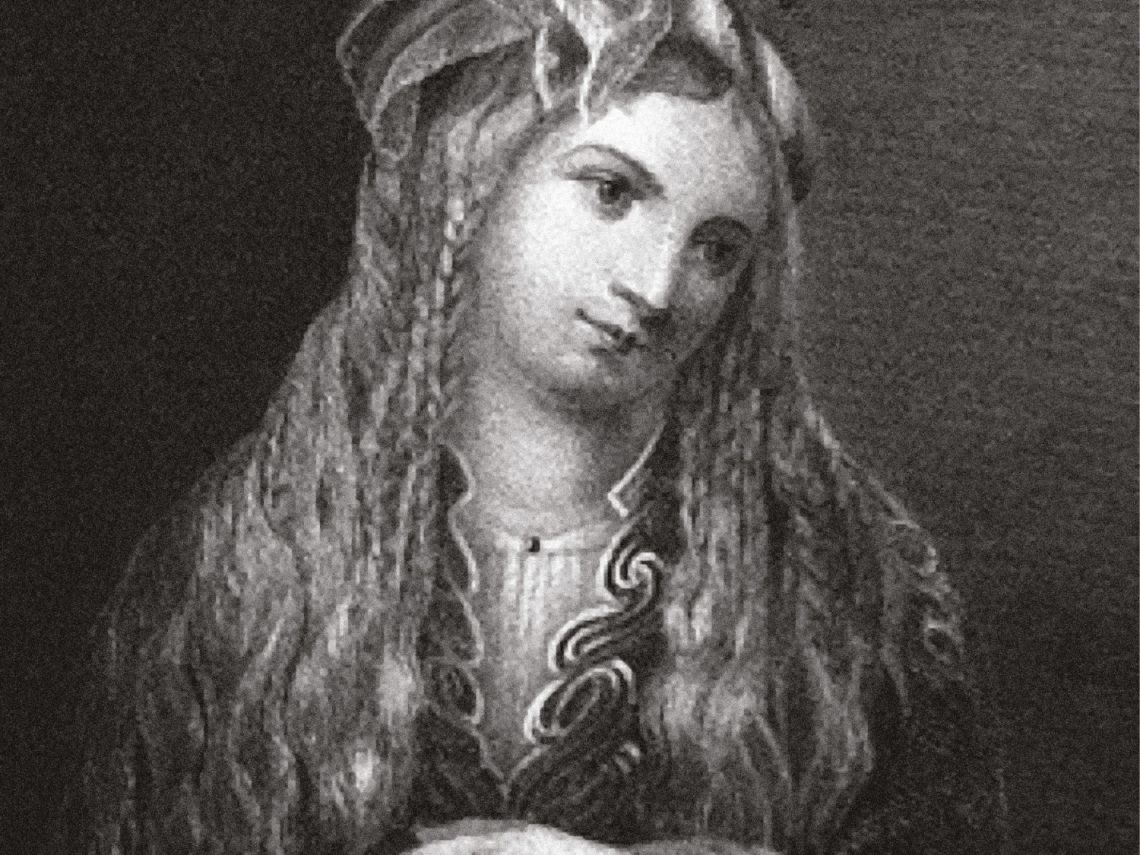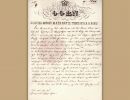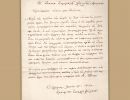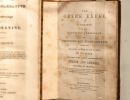The “Orphans” of the War
An important legacy of American Philhellenism was the adoption of destitute young victims of the Greek War of Independence by missionaries and American families to be brought to the United States for study.Although technically these boys and girls were not orphans, the term has been widely used in the literature. Some were victims of the massacres of Chios, while others were about to be sold as slaves in Smyrna or Constantinople. Several youths were taken to the United States by American volunteers who took pity on poor helpless creatures they met during their stay in Greece.
The American Board of Commissioners for Foreign Missions (ABCFM) brought promising boys to the United States for formal education in American institutions to learn “the plain and powerful teachings of the Gospel.” The hope was that the boys would later return to their native land and contribute to the mental and moral regeneration of Greece.
These Greek immigrants to the United States followed varied careers as teachers, ministers, diplomats, navy officers, and politicians. They often adopted classical Greek names and some even used their ordeals as inspiration for books and public lectures. Others returned to Greece.
The sad story of Garafilia Mohalby (1817-1830), a girl orphaned after the destruction of the island of Psara in 1824, made headlines in America. Garafilia was sold to slavery to a Turkish family in Smyrna, where she managed to persuade the American consul to rescue her. In 1827, she was sent to his family in Boston where she died from tuberculosis at age 13. In addition to her portrait drawn by noted miniaturist Anne Hall, some believe that it was her story that motivated Hiram Powers to produce The Greek Slave.
The adventures of Christophorus Plato Kastanes (1814-1866), who was sold as a slave after the massacres of Chios, his escape and his passage to America thanks to Howe, became the topic of his memoir, entitled The Greek Exile, on which he gave public lectures often dressed in traditional Greek folk garb. It is interesting to note the way he communicates his ordeals to his adopted home, the United States: “Christian Youth of America, may you never be reduced to such a terrible extremity, as to be bartered for, and reduced to a market value. Ye Sons of Washington, may you never suffer the fate of the children of Homer!”








